How to break into the games industry as a writer
- Edwin McRae
Veteran game writer and narrative designer, Rudolf Buirma, offers advice to writers who want to work in the video games industry.
When it comes to getting experience I have to admit that a career as a Narrative Designer is a tailor-made lifepath. Our role is relatively young in this industry, so when one asks "how do you get started?" there isn't really a straightforward answer that will apply to the majority of ND career paths out there.
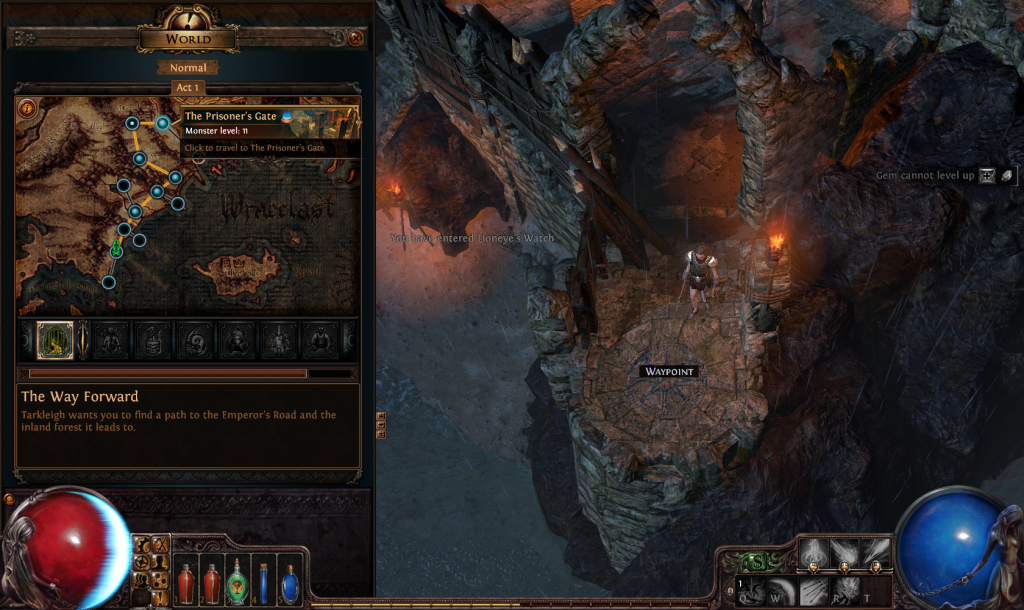
When I started, I spent a lot of time looking at the LinkedIn profiles of successful Narrative Designers and the one thing that connected them all was... Luck. Many of them just had a lucky break when they were younger and were able to capitalise on that success from there on. This doesn't mean that they weren't talented or dedicated to their craft or anything! But in the last few years I've come to know a lot of talented and dedicated people that simply never landed a first time gig and have been struggling ever since. The difference between them and the successful ones is luck.
My own story is unfortunately a bit like that. I've been freelancing out of necessity since 2011 because I couldn't get noticed by any studios in my own country for years. Not even after I earned a Master's degree in Screenwriting. Nobody cared, because - as I came to understand - the only thing studios are looking for in their candidates is the amount of published titles they worked on. If the answer is 0, nobody cares and nobody will ever consider your application. Networking has been my saving grace, that and working hard on my LinkedIn Profile. The biggest jobs that I got at the start of my career were through former university friends, and by showing up at networking events with a mission.
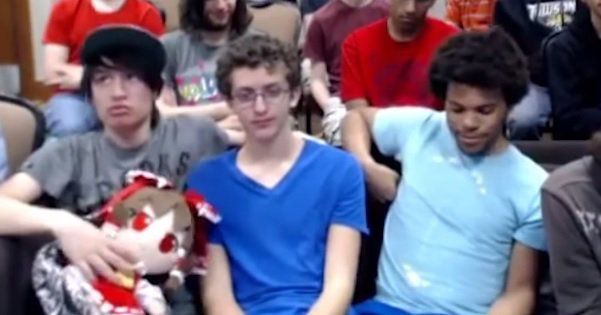
The one thing you'll have to keep in mind is that NDs are specialists. Most studios only need one. Unlike artists, programmers and even designers, NDs are rarely needed, let alone for the full duration of production, thus open positions are few and far between. And don’t get your hopes up with the big studios. AAA studios only want proven talent and diamonds in the rough, the types that are willing to die for their art. You know the types, the ones that don't eat or sleep but only obsessively write or code, and whenever you are around them and it's like they were born to do only one thing.
Who knows, maybe you are one of them. Maybe you'll get a call two weeks from now from a vague friend who has an uncle working at Nintendo and you will never have to think about breaking into the industry ever again. And you'll find yourself scrolling on LinkedIn, looking at all those poor chumps with their green #opentowork sashes around their avatars, feeling sorry for the lot of 'em. But if you are one of us, one of the 70 - 80 percent of people who are not that lucky, then please take a moment and listen to my hard-earned advice:

If you are one of the 90-80%, your best bet is patience. Play the game slow and steady and get relevant experience wherever and however you can. First, get a stable part-time job to cover your expenses and live cheap. Once you can feed yourself without being dependent on ND gigs, work on your portfolio. Write comics, short webcomics, nothing grand but rather something you can finish. Be a DM online, organise a whole lot of games and get yourself a good portfolio of written DnD games, or LARP games, or video game mods, or anything that requires game-writing for free and for fun. Write short stories, 3 to 5 pages long, or better yet, write short Twine games 2 - 3 minutes long. These are the things people in my position want to see when you apply to our vacancies: that you've done the work, that you know how to finish it and that you love what you do because you do it in your spare time.
Next to that, make sure you join Game Jams and get jamming with other people. These activities stand out on your resumé and portfolio because they show that you've actually made games as a team effort, and that you’ve seen them through to the end. That last part is important, because the rarest experience you will get as a junior is finishing games, or even publishing them. When you are collaborating with other people, follow the advice I got from my honourable mentor, and truly, "Don't be a dick". If you are genuinely a nice, helpful person to be around, people will remember you for it and think of you years later. That's how I got most of my gigs in the first 5 years of my career. I was nice to people, they recognised that and called me back years later saying, "Hey, we just got a small amount of funding for a silly indie project. Wanna join?". It is truly a humbling experience every time they call.

Oh sure, during that time I applied, and applied and applied to any relevant vacancies all across the world and I got rejected for each and every one of them. Simply because there were easily over a 100 applicants for every ND position out there. And roughly taken, for every 100 applicants, there's 5 who are overqualified, 5 who are just right and 5-10 of the qualified ones that don't know they are qualified, plus they are desperate enough to do the work for cheap. If you are reading this, you are probably part of the 75-80 percent of people that are "the rest of us", good enough, when all other options fail. Applying to jobs is an uphill battle. I'm not saying you shouldn't do it, but please just don't get your hopes up. It can break your spirit and kill your passion once you get rejected for a year straight. I've been there, multiple times.
If you apply to junior positions, what you do is this: make an application "set", with a standard resume and an application letter of 3 - 5 paragraphs, where you simply rewrite the context of the paragraphs for every vacancy you apply to. Paste the motivation letter in the email, then link it to the same handful of portfolio pieces you have and send these suckers out in bulk. This may sound like it won't work, and 90 percent of the time it wont. But trust me, at this stage, nobody cares how well you wrote your letter, only if it has any writing mistakes. It's the portfolio work they select you on, and as a junior you don’t have a lot to show, so don't sweat when you don't hear anything back. But whatever you do, do not ever, ever polish one application to perfection. In my experience, it is an absolute waste of your time and it hurts really bad when you get rejected for one of these, or worse - and more commonly the case - if you hear nothing back at all…

In the meanwhile, keep working part-time, write games for fun and keep attending the occasional network events, just to show your face. Over time you’ll get a feeling for what people are like in the games industry and you will learn to genuinely speak their language. And who knows, perhaps people will eventually also start recognizing your face and your name over and say ‘hi’ back after showing up for the umpteenth time to that one network event in your area. With a little bit of luck, it could even land you a poorly paid gig. Wouldn’t that be nice?
Later, once you've humbled yourself with a couple of simple, paid jobs writing for games for a year or three, you are at a junior-to-intermediate level. You are ready to try the big league. A real application. Still don't get your hopes up, but now you’ve at least got a chance to apply and get noticed. When you do, make sure your resume looks clean, your letter is short and to the point, and that you have 3 (preferably online) relevant samples of maximum 5 pages, or 3 minutes of gameplay. Don’t blatantly copy and paste your motivation letters now, but also don’t overdo it by writing your life story. Like with your samples, portfolio website and resume, seniors will only ever glance at these materials. Please forgive us in advance, we are busy people. Heck everyone is busy. We're making games for crying out loud, and we're looking for juniors to help us work away the paper work. So just keep your samples short, and make sure they have an ending. That's why writing short stories and web comics are good.
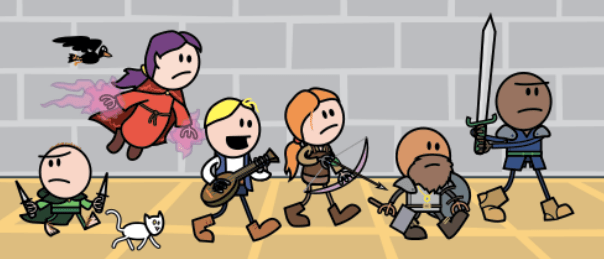
But what's even better, is to never apply at all and let the jobs come to you. As a junior level developer, this will not be applicable for a couple of years yet, but I feel that it is worthy to share anyway. Several of my later jobs all came to me because I made sure the SEO (Search Engine Optimisation) of my LinkedIn profile was on point and that my LinkedIn profile was clean and presentable. When people look for a "Game Writer '' or "Narrative Designer” they either Google these terms or type in these simple search terms in LinkedIn and then pick the top 10-20 relevant results to contact. You will eventually want to be in that top 10, so make sure you work that LinkedIn algorithm in your favour by occasionally posting relevant opinion pieces, sharing your insights as an up-and-coming writer and filling your LinkedIn resume with 'to the point' information. Never spam your job descriptions full of descriptive paragraphs. Nobody reads them and those wall-of-text paragraphs look self-aggrandizing, which works against your profile if a recruiter or a potential client looks at them.
Getting a job is work in and of itself, so treat it like that. Flaunt what you got on LinkedIn; "I wrote a book", "I've DMed over 50 games online", “I've published 5 short games". Whatever it is, put it front and centre in your profile. Or better yet, write short posts about it on LinkedIn. "How to organise the best 5-man dungeon in DnD", "How to write a short novel and stay on track", "How to write a 4 page comic and always land a pun". If you share what you've learned, people will love you for it, especially if you share this info from the bottom of your heart. Readers can tell the difference between a boaster and a sharer. Be the latter. Then, look at your LinkedIn profile a few times a week and ask yourself "what stands out in my profile?". That thing that stands out, that's the type of ND that you are. Say, the strategy game scenario writer, the dialogue writer, the RPG quest designer, the jack-of-all-trades narrative producer, the FPS writer for fantasy / science-fiction action. You name it. Signal the type of ND you are. That makes you attractive for the type of nice jobs available. That badge is something you can really only accrue over time, but it doesn't have to be an evolutionary accident. You can design the type of ND you want to be by making it for your hobby and by gradually growing into it professionally.
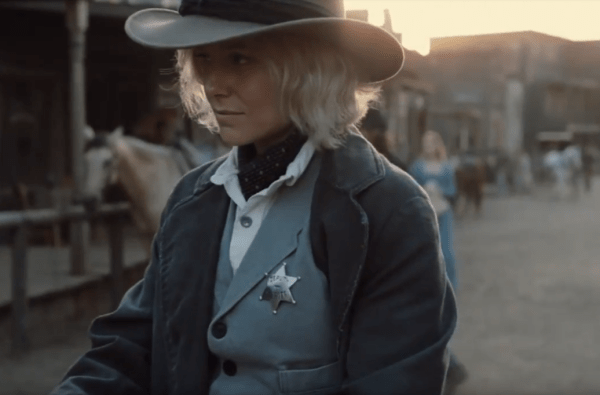
For now, make sure you can feed yourself and pay your bills and have enough spare time so that you can keep writing for fun. Regularly check in with yourself to see if you are still happy with your career choices every now and again. Working for the arts can be really hard, because it doesn't pay the bills well, so be careful not to kill any other chances you get in life. Love, financial stability and a healthy social life are all vitally important to being a holistically wealthy and healthy person. Don't sacrifice these things for a career that just won't get off the ground, because the people that do, tend to be a bit bitter and snobbish about it. Or as my mentor would say, “dicks”.
Of course, what I just summarised isn’t the only way to break in. Brute forcing it may not be the best way for you. You could also consider keeping a part-time, well paying 9-5 job for 5 years while writing DnD games and such in your evenings and weekends. Only you can decide what works best for you. Like I said, an ND career is a tailor-made life path, so as a designer think about what your path could look like and try to design your own.
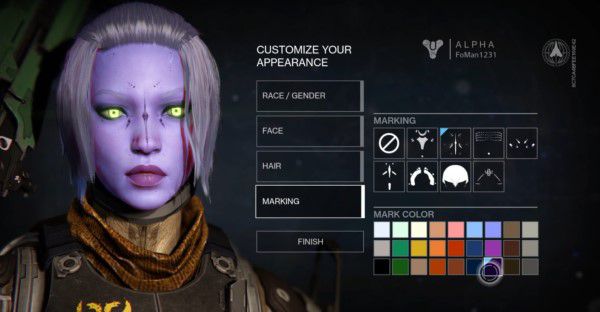
Hope that helps.
Rudolf Buirma is the Narrative Producer at Wolfpack Games Studio and a board-member on the DSSH Committee on Serious Gaming.
He has worked as freelance Game Writer and Narrative Designer since 2011 and has designed, written, acted and occasionally even co-founded a wide variety of different game projects.
https://www.linkedin.com/in/rudolfbuirma/

About Edwin McRae
Edwin is a narrative consultant and mentor for the games industry.
